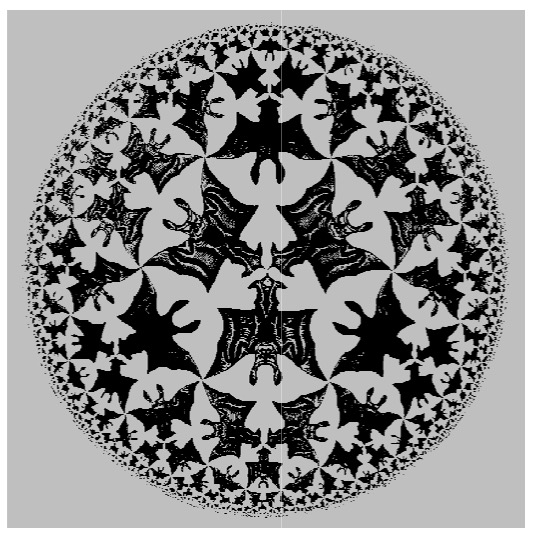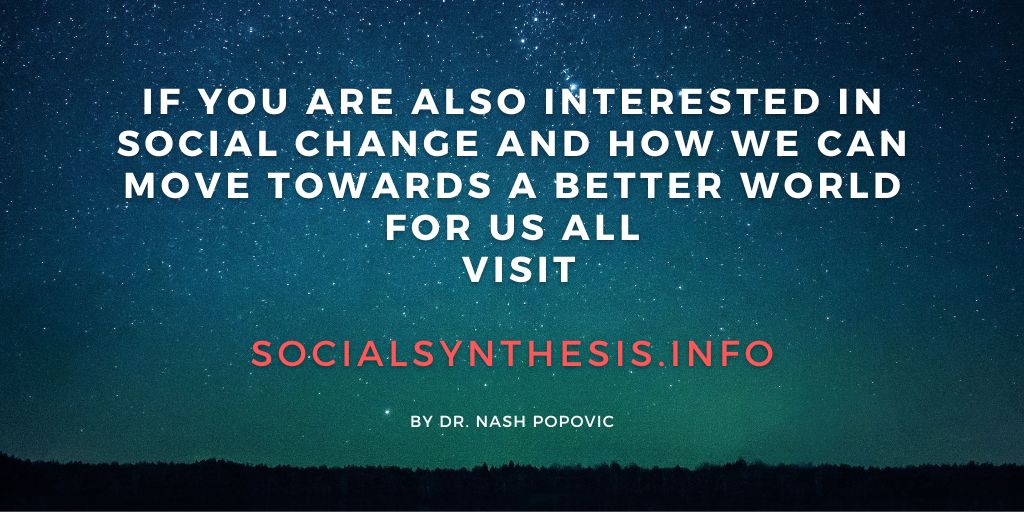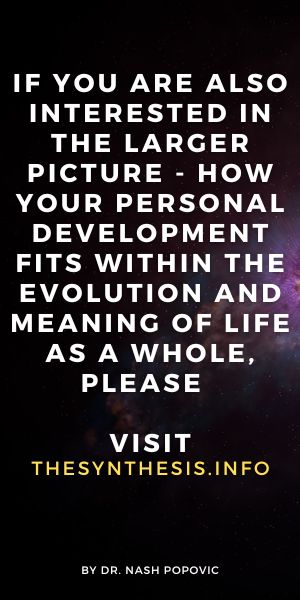32. Relating to the Situation
I seek the serenity to accept what cannot be changed, the courage to change what can be changed, and the wisdom to know the difference.
Serenity prayer
This area examines three elements that define how we relate to our situation: perception of the situation (including the present, past and future), the basic attitudes (acceptance and rejection) and also evaluation of the situation (or life satisfaction).
Before we start, it would be good to first write down a little bit about your life situation (it doesn’t need to be long – make a summary rather than a novel); you will find it useful later on.
Perception of the situation
The more we are aware of our situation the more we can do something about it, which strengthens our sense that we are in charge. Research suggests that an ambiguous state of affairs is often more stressful than knowing even a negative outcome.38 However, there are two obstacles to perceiving our life situation accurately: seeing what is not there and not seeing what is.
Seeing what is not there
We sometimes see what we want to see or what we think that we see, rather than what is really there. How many times have you jumped to conclusions or have perceived a situation in the wrong light? Here is an example: a spot appeared on your face and you go out. You think everybody is looking at your spot, but is this true? Well, the only way to find out is by separating the perception of the situation (what is really happening) from thoughts and emotions (e.g. worrying that everybody will be looking at your spot). The exercise below (never mind its long name) is designed to help us learn to bracket what we add to our perception and see what is really there – which can also be refreshing! Once you get a handle of it, you can apply the same to more complex situations.
Phenomenological reduction: to learn to separate what is really there and what we add to it, try to focus on your surroundings while deliberately suspending your memories, thoughts, judgements or expectations. Imagine that you are a kid or an alien who just landed wherever you are so the surrounding is completely new to you. Examine and touch the objects, smell the air, look in directions you haven’t looked before. Walk around in order to do so. Take a moment to reflect on how you feel after this exercise. Is your experience of the familiar space different in any way? Now, try to see with these fresh eyes your relationships, career, whole life.
Not seeing what is there
When you open your eyes in the morning you see things straightaway. The trouble is you see everything: a nice painting on your wall and dirty socks on the floor. When we look at our life situation, we use our inner eyes, since we can’t see everything with our physical eyes (it may involve, for example, looking at your life at work and at home, but you can’t be in both places at the same time). However, our inner ‘eyes’ can pick and choose what we want to see. We can decide to ignore something that may not seem appealing. For instance, you may choose to ignore the fact that you are not doing as well as you could at work, or that your partner really needs some help at home. It is easy to turn on the TV or surf the net and focus on the lives of other people rather than your own life. But is this good? Things that we ignore don’t usually disappear; very often they grow. Like in a computer game: if you ignore something, it will sooner or later come to get you. So making an effort to see what is really there pays off.
Go back to what you have written and check how accurate the perception of your situation is: is anything there that shouldn’t really be there? If so delete it. Is anything important missing or distorted? If so, add it in or change it.
Your attitude towards your situation
Whatever your situation is, you have a choice: you can reject it or you can accept it. Rejection is good only if you can do something about it, otherwise it only creates an internal conflict. Acceptance creates harmony (within yourself and with your surroundings) which is a precondition for happiness. If you can’t have what you want right now, don’t let it ruin your day. For example, your work may be boring, or too demanding, or badly paid. Either consider what you can do about it (e.g. talk to your manager) or accept it and get as much as you can out of the situation – this is better than wasting your time on being cross. Temporarily shelving desires that cannot be fulfilled at that moment and finding something that can be gained from or something positive in what you have difficulty in accepting can help. Acceptance does not mean giving up hope or attempts to make a change. It can be a temporary state of affairs till you figure out what to do – which is harder if you keep banging your head against a brick wall.
What about luck?
Some are born with a silver spoon in their mouth, some win the lottery, some land a great job or a partner, and some don’t. Luck plays a part to some extent in almost every situation and can make you feel disgruntled. In such cases remembering these three things about luck may help:
- Luck is blind. It is nothing personal. When we are unlucky we easily forget that we have sometimes been lucky too.
- Luck is subjective. Somebody shot in the arm during a shop raid may consider himself unlucky for being there – or may consider himself lucky for not being shot in the heart.
- Luck is a part of life, the sense of fairness is part of you. It is not a good idea to convolute them. You will do yourself a favour if you refrain from doing it, however natural it seems.
Have a look at what you have written about your situation and see which aspects you accept and which ones you don’ t. Consider whether you can change something about the latter and if not, whether you can change the way you see or feel about them.
Evaluating the situation
How we feel about our situation does not depend only on the circumstances but also on the way we relate to them. This is to say that your views, feelings and thoughts about your situation are a part of yourself rather than the situation and you can change them. Even judging a weight or temperature is a subjective process that is influenced by our previous experiences or by what we compare it with.
The same applies to our life situation: compare your life with those in prison or hospital on one hand, or with celebrities on the other, and you will see it differently. So, life satisfaction depends on how we evaluate our situation and this, in turn, depends on comparing it either with our past, our expectations, or others. Comparing our lives with those of others may cause so-called ‘status anxiety’. It is allegedly the main reason for dissatisfaction in the Western world despite the fact that we live better than ever, not only with regard to material wealth but also security, relative freedom and health. So, if you want to be happier, don’t bother comparing your life with the lives of others. After all, this is your life. If you can think about something that you can do to make it better, go on and do it. If there is nothing you can do, enjoy what you have. Have a look at the image below. Do you see bats or angels? Again, it is your choice. The same applies to your life situation.

M. C. Escher, Circle Limit IV
Now, have a look again at that piece of your writing and evaluate your life situation taking the above into account.

